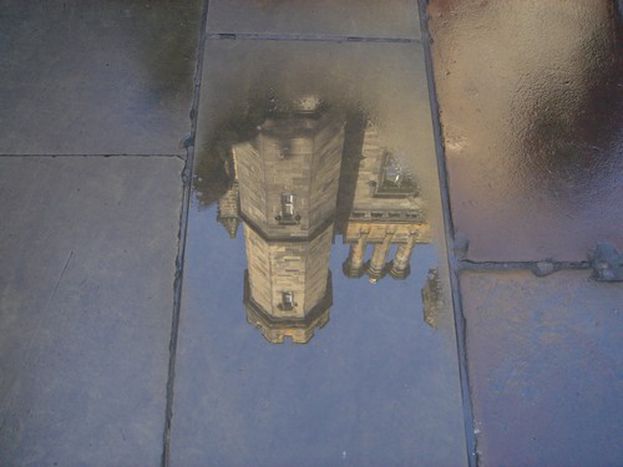
Education: looking for theology in France
Published on
Translation by:
 Marie Pepper
Marie Pepper
Theology, or the study 'of realities relative to the divine'. Where can this subject be studied in Europe and who pays? Is it public or private?
The history of theology as a university discipline has not been straightforward. It has often been the subject of strong criticism, sometimes to the point of suppression, as was the case in Italy in 1875. Critics in Germany have been equally as hostile. Nevertheless, theology faculties are a permanent fixture within universities in the European Union, regardless of whether they’re catholic, protestant or orthodox.
Financed by the state in Portugal
Theology institutions in Europe, both private and state, often benefit from subsidies and are authorised to issue recognised degree certificates. The catholic theology faculty at the University of Louvain-la-Neuve (UCL) in Belgium is integrally subsidised by the state. Together with France, Portugal is the only other European country to separate the state and the church. However, the catholic theology faculty at the University of Lisbon became an exception to this in 1990 because, as well as being part of a public university, it is financed by the state.
Together with France, Portugal is the only other European country to separate the state and the church
In Spain, private universities, which are for the most part catholic, issue degrees recognised by the state. Public universities are, however, authorised to create catholic theology faculties. Whilst remaining independent, theology colleges in Great Britain and Ireland are recognised or integrated into a university which issues degrees. Elsewhere in Europe, in Scandinavia, Germany, Holland and Greece, theology departments are an integral part of state universities.
The case in France
France is the only exception to the rule: the study of theology has been separate to the state university system since 1885. For Bernard Senelle, a graduate in catholic theology, French secularity (which is one of the most radical forms) is 'not the result of a separation of political power and religion as such, but of a real anticlerical battle destined to undermine the hold the catholic church has over society, as well as the influence of activist Christian politicians.' This battle led to the banning of teaching for catholic congregations and the proclamation of a public, free and secular education system in 1879.
However, the French jurisdiction, which endeavours to defend a legal framework without ambiguity for secularity in school, has totally ignored higher education. The ecclesiastic service is not an obstacle to the education service. Certain people see it as a republican absurdity; others see it as a strong sign of the autonomy of the university. Universities think of themselves as places of freedom where consciences are no longer constantly developing, but are formed spirits, critical and independent.
Universities think of themselves as places of freedom where consciences are no longer constantly developing, but are formed spirits, critical and independent
In the sense that it doesn’t bother political, economic and religious order, freedom of expression prevails in the heart of French universities. However, at a European level, the absence of theology in France doesn’t come without problems. The inherent harmonisation of the Bologna Process does pose the problem of to what extent canonical degrees obtained abroad are valid in France.
French foreign minister Bernard Kouchner and archbishop Dominique Mamberti, the secretary for the Holy See’s relations with states, signed an agreement on the recognition of degrees in higher education between France and the Holy See on 18 December. The agreement was immediately denounced by French universities who saw it as an attack on secularity.
Thanks to 'PRISME-societe, Droit et Religion en Europe', a joint research unit part of both Strasbourg University and CNRS, which held a day of studies on the theme of religion at university in Europe, on 30 January 2009
Translated from Apprendre la religion sur les bancs de la fac


